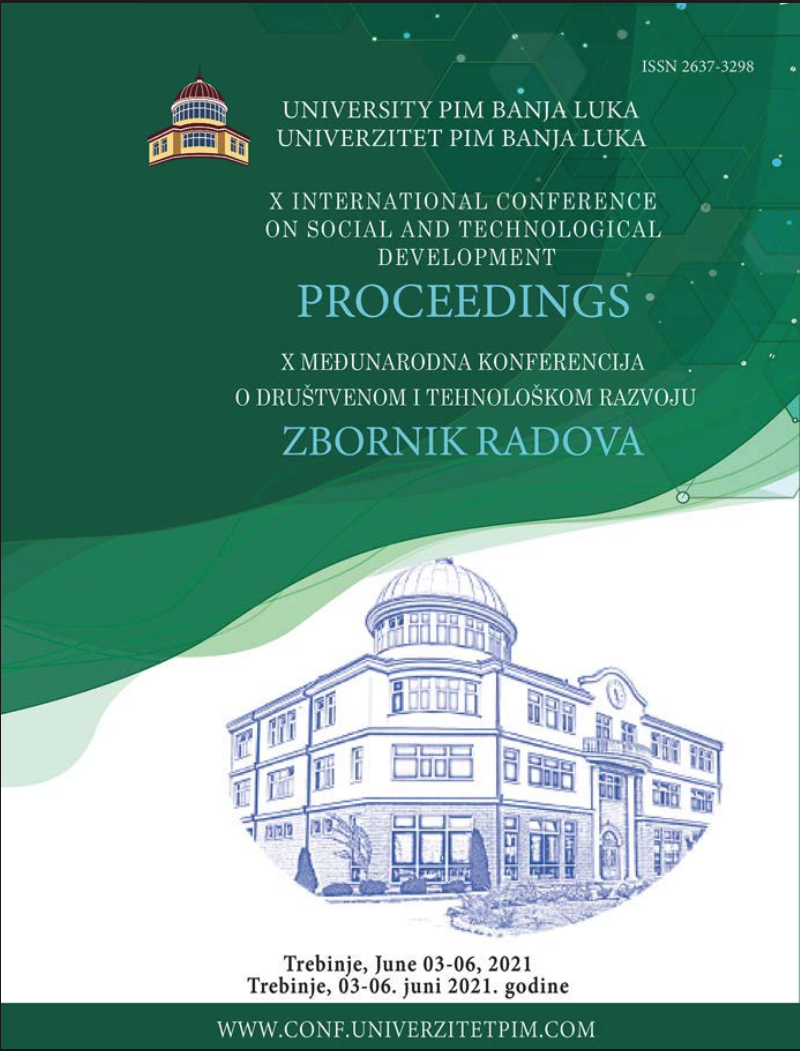
This is an open access article distributed under the Creative Commons Attribution License which permits unrestricted use, distribution, and reproduction in any medium, provided the original work is properly cited.
The Institution of Human Rights Ombudsman of Bosnia and Herzegovina , Banja Luka , Bosnia and Herzegovina
The Public Administration Reform in BiH Coordinator’s Office , Sarajevo , Bosnia and Herzegovina
According to the theory of international law, when disputes arise in international relations, states have possibility to resolve it directly by negotiations or by formal judicial or arbitration procedure. Those methods offer relative freedom to states in finding solution for the dispute that has arisen, independent of any third competent authority. Security Council as the most important body of the United Nations plays an active role in settlement of disputes between states, when it establishes that concrete situation represents a threat to international peace and security. Direct negotiations between the states often depend on their individual standing and influence in international community, while judicial and arbitration processes are time consuming, uncertain and inconvenient when there is a pressing need to resolve conflicting situation. For those reasons, smaller states, such as Bosnia and Herzegovina, other states in the region or any other state that in protection of their interests relies on international law rather than diplomatic, economic or military power, must resort to system of collective security under auspices of the Organization of United Nations. Chapter VI of the United Nations Charter, which defines authority of Security Council for peaceful settlement of disputes, is often considered one of its most imprecise or vague chapters. Experiences in implementation of those norms, especially in recent times, are testament of numerous dilemmas related to the meaning of the text and confusion created by its implementation in relations between the states. There are no uniform, clear and universally accepted guidelines which would help passing important decisions, bearing significance on protection of vital national interests or application of basic principles of the UN Charter, such as prohibition of the use of force, or decisions reached with purpose of maintaining peace and security in the world. In order to make contribution to clear and consistent interpretation of the Chapter VI of the UN Charter, we should seek answers to key questions related to the nature of the dispute brought to the attention of the Security Council, different means of settlement or actions at its disposal as well as to the consequences of its activities, from the perspective of international law.
The statements, opinions and data contained in the journal are solely those of the individual authors and contributors and not of the publisher and the editor(s). We stay neutral with regard to jurisdictional claims in published maps and institutional affiliations.